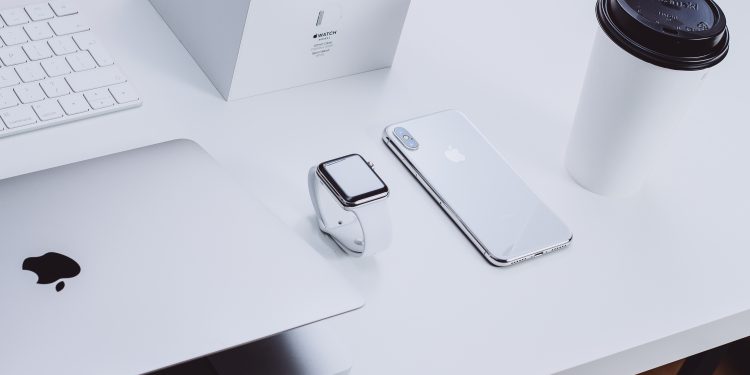Apple has an art for elegance, and it is hard to argue with their user interface. The Apple Card, launching with retail banking newcomer, Goldman Sachs, has some innovative features, but the foundation is with Mastercard as an issuing brand. With that alignment comes many features such as issuer sponsored rewards, security, and everywhere availability.
Apple Inc reports on their new card with the flair of a high-tech launch: “Introducing Apple Card, a new kind of credit card created by Apple” the site says.
- Apple Card is built into the Apple Wallet app on the iPhone, offering customers a familiar experience with Apple Pay and the ability to manage their card right on the iPhone.
- Apple Card transforms the entire credit card experience by simplifying the application process, eliminating fees, encouraging customers to pay less interest and providing a new level of privacy and security.
There are some exciting features, but first a few of my questions after hearing today’s soirée.
-Will Goldman Sachs be able to aggressively underwrite every application to ensure the card can meet everyone’s daily needs, or will consumers still have to carry a backup card in their wallet or purse?
-If the backup option for a non-accepting merchant is still the plastic Apple Card, albeit titanium and engraved, won’t the user still have to carry a wallet or a purse? And if so, isn’t easier to still insert your existing Chase Freedom Card, American Express Gold, Discover it, or Bank of America Cash Rewards Card?
And, with my credit manager’s hat on, what happens to delinquent accounts?
-The reality is that delinquency is a fact of life in unsecured lending. In a recession, we’ve seen 10%+ writeoffs. In today’s economy, 2-6% of any card issuer’s receivable is in collections. Will this banish people from the Apple world?
-Will that ultimately affect other Apple product sales?
-Does that means potentially 2-8 million US households banished from Apple Card annually? How does that work?
Apple does put a new spin on some legacy card features.
- Customers will receive a percentage of every Apple Card purchase amount back as Daily Cash. Unlike other cash back rewards, Daily Cash is added to customers’ Apple Cash card each day and can be used right away for purchases using Apple Pay, to put toward their Apple Card balance or send to friends and family in Messages.
- Every time customers use Apple Card with Apple Pay, they will receive 2 percent Daily Cash. Customers will also get 3 percent Daily Cash on all purchases made directly with Apple, including at Apple Stores, on the App Store and for Apple services.
The daily cash payout is interesting, but you could do that manually at Amex, Capital One, Chase, Citi, Discover, or most issuers today by simply requesting the transaction. Existing issuers typically have a minimum to request, but we are only talking pennies.
Even though daily cash back sounds like a big deal, the reality is we are talking small numbers. Were you to spend $20,000 on the card annually, with an average of 2% cashback, is only $1.09 per day in rewards paid daily instead of $33.33 per month. This is hardly a game changer.
However, some may like the pizazz of the easy to understand spending feature.
- Apple Card uses machine learning and Apple Maps to clearly label transactions with merchant names and locations.
- Purchases are automatically totaled and organized by color-coded categories such as Food and Drinks, Shopping and Entertainment.
- To help customers better understand their spending, Apple Card provides weekly and monthly spending summaries.
The most exciting thing from my view is how the elegance of Apple’s product can integrate into the plain old card. The Titanium card won’t be unique. Chase already took Amex’ metal card and branded it, Sapphire.
Security is certainly table stakes, but will risk tolerance create a world of required secondary cards, and will good cardholders be disconnected when delinquency hits their life?
Memories of the ATT Universal Card? A Whole New Way. After a lack of risk tolerance, Citi now owns the product, where the site says “AT&T and the AT&T logo are trademarks of AT&T intellectual property, licensed to Citigroup Inc.”!
Overview by Brian Riley, Director, Credit Advisory Service at Mercator Advisory Group










